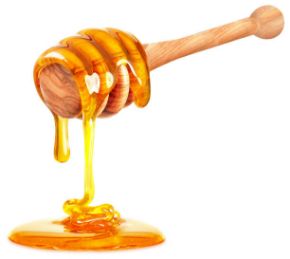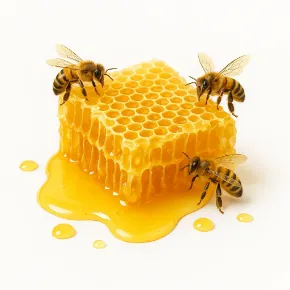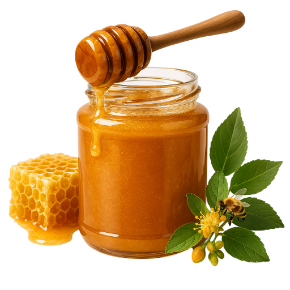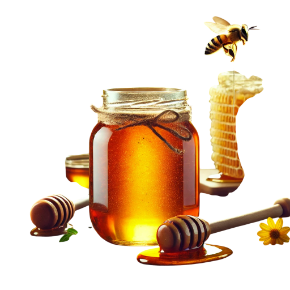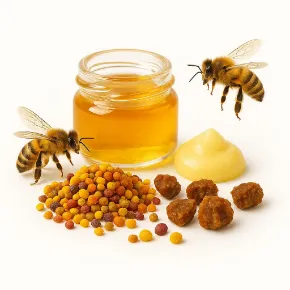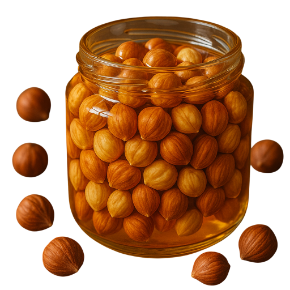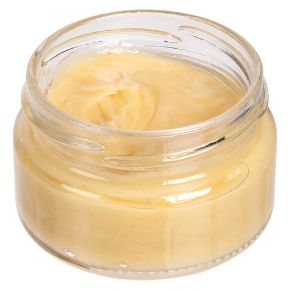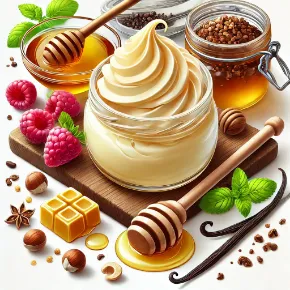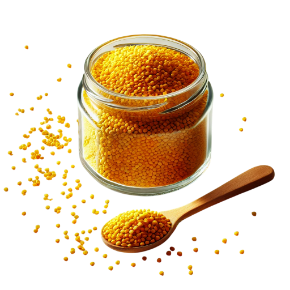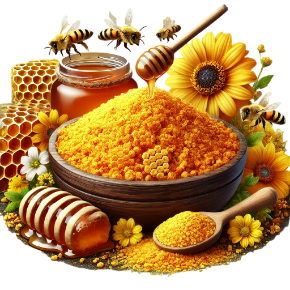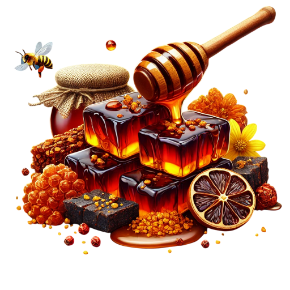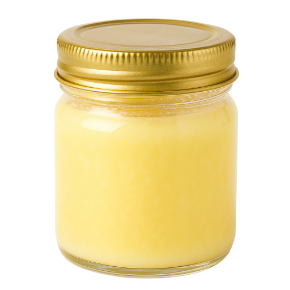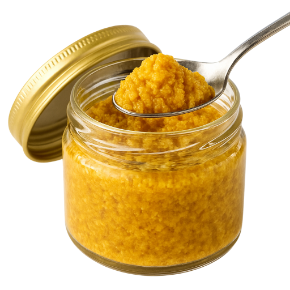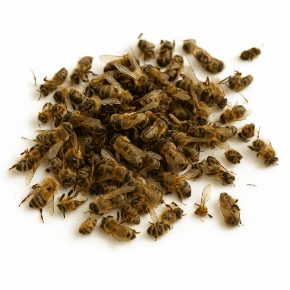Natural beeswax has a unique feature. Unlike other beekeeping products, it does not lose its beneficial properties when heated. In medicine, beeswax is used in the preparation of various ointments and plasters. Thanks to its ability to be quickly absorbed into the skin, it is also widely used in cosmetology. It is added to various creams and masks as it gives the skin a smooth, soft, and well-groomed appearance.
Indications for use
Beeswax is recommended for use in cases of dental problems as it strengthens tooth enamel, gums, and protects the oral cavity from harmful bacteria. Warming compresses made from beeswax are effective for sinusitis, sore throat, and other viral and infectious diseases. It is also used for joint treatment and strengthening, as well as a calming remedy for frequent stress and anxiety.
Beneficial properties
Beeswax, in addition to its rich composition, has many beneficial properties. It has anti-inflammatory, antibacterial, and antifungal effects. The product possesses regenerating and warming properties, making it useful for treating skin injuries and colds. Beeswax positively affects the central nervous system, improves joint health, and strengthens the immune system.
Beeswax is effective for dental conditions as it has healing and anti-inflammatory effects, and is used to treat oral inflammations. When applied externally, it strengthens nails, gives them shine, and enhances their structure.
Composition and content
Beeswax is 100% natural. It contains no artificial colorants, flavors, or other chemical additives. Beeswax consists of about 300 mineral and biologically active components, around 50 of which contribute to its honey-like aroma. Its composition includes fatty acids (oleic, montanic, cerotic), alkanes, polyesters, and high-molecular-weight alcohols (ceryl, melissyl, neoceryl). The complete chemical composition of beeswax is not fully studied, as it depends on the diet and breed of bees.
Method of application / consumption
Beeswax can be used as chewing gum, which provides healing oral hygiene and stimulates saliva production. It should be chewed for 20 minutes, 5-6 times a day.
Beeswax is also used for compresses for joints, cough relief, sinusitis, and other conditions. To make a compress, the wax must first be melted (heated to 40°C), placed on a thick cotton cloth, and applied to the joint or affected area for 15 minutes. The compress should be covered with something warm during the procedure. For effective treatment, the procedure should be repeated for two weeks.
Contraindications
Beeswax should not be used by individuals with an individual intolerance to its components, including allergic reactions.


